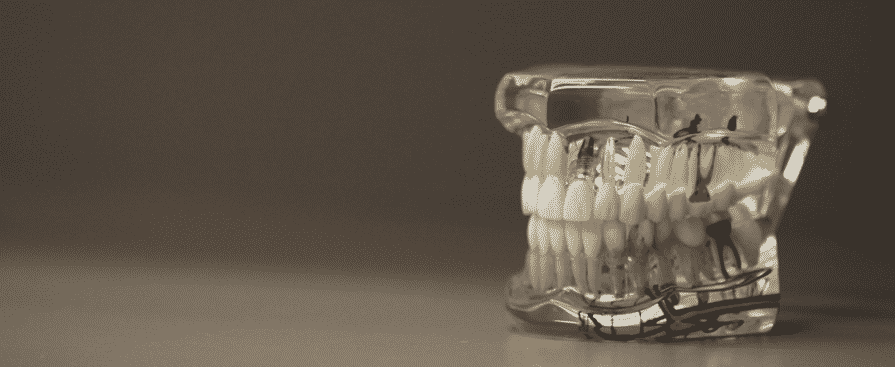Here’s Our Answers to a Number of Common Wisdom Teeth Questions
Though not everyone will need wisdom teeth surgery, extraction is often recommended to prevent future issues. It is best to have wisdom teeth surgery performed before the teeth have erupted (while you are still young), both because this makes the task of extraction simpler (as the roots of the teeth have not yet fully developed) and ensures a speedy recovery. In general, it is recommended that people have their mouth checked before age 20 so that potential problems may be addressed.
Wisdom teeth removal is usually performed in a single outpatient procedure while the patient is under general anesthesia or local anesthesia. Though this limits the pain and discomfort involved in the procedure, some soreness after wisdom teeth removal is normal, so patients should plan for at least a few days of recovery time being necessary. You should also stock up on soft foods such as ice cream, jello, and yoghurt.
What Are Wisdom Teeth?
Wisdom teeth are “extra molars” which humans evolved to grow between the ages of 17 and 21, and which likely served a valuable function in prehistory when diets were far more rough and molars experienced significant wear. In modern humans, however, these (usually four) teeth frequently overcrowd the mouth and come in at an incorrect angle; even if they do not, like any tooth, they cause pain during eruption as they are pushing through the skin. Wisdom teeth which are at an extreme angle (e.g. they are attempting to come in sideways) usually become impacted, pushing on nearby teeth and possibly causing an infection or a cyst to form.
Wisdom Teeth Recovery Timeline
Though individual recovery times after wisdom teeth surgery will vary, in general, patients can expect the following:
- The day after your surgery, you will probably experience pain, swelling, and minor bleeding around the extraction site or sites. Be careful to leave the wounds untouched so that a blood clot can form; if this clot becomes dislodged, you may develop a painful condition known as “dry socket”. Due to this risk, you should forgo brushing your teeth the day after surgery; instead, rinse gently several times a day with a solution of salt and water to clean your mouth and reduce the risk of infection. You should also place an ice pack against your jaw as soon as the anaesthesia begins to wear off to reduce swelling and inflammation.
- For the first few days after surgery, your mouth will likely remain tender. You should avoid consuming solid foods, alcohol, coffee, soda, or hot beverages during this time. It’s also strongly advised that you rest, both to speed healing and because the painkillers commonly prescribed after wisdom teeth surgery may cause drowsiness and dizziness.
- Between about four days to one week after your surgery, you should begin to feel the pain ease. If your pain has not begun to to dissipate or you feel hot, throbbing sensations around the removal sites, you should visit your dentist or a healthcare professional as soon as possible. Note that at this stage it’s still important to avoid rigorous brushing and activities like sports which may dislodge the blood clot. You may wish to use over-the-counter pain relievers if mild jaw pain or stiffness persists.
If at any time during the healing process you notice any unusual symptoms, such as pus discharge, severe pain, or a fever, you should call your oral surgeon or doctor immediately. Though complications from wisdom teeth surgery are rare and antibiotics are often prescribed as a precaution, sometimes infections can occur regardless and they need to be treated as soon as possible. If you have any additional concerns about wisdom teeth surgery and its possible complications, talk to your dentist; he or she should be able to allay any fears and help you plan a successful recovery.
Can wisdom teeth grow back after removal?
Usually, people have four of what are known as “wisdom teeth” or “third molars”: Additional back teeth which typically erupt in a person’s late teens or early twenties and which are often removed due to alignment issues or impaction. While it’s impossible for any tooth that has been removed to “grow back,” sometimes a person will have “extra” wisdom teeth in addition to these standard four and these additional teeth can erupt after wisdom tooth removal surgery has been performed. Extra wisdom teeth are very rare, however, and appear in just 1-2 percent of the population.
Your dentist should be able to see how many wisdom teeth you have through the use of an x-ray, but if you notice symptoms of wisdom tooth eruption or impaction, such as inexplicable jaw pain and stiffness, swelling of the gum tissue, or the edge of a partially erupted tooth, you should return to your dentist as you may need additional extractions.

